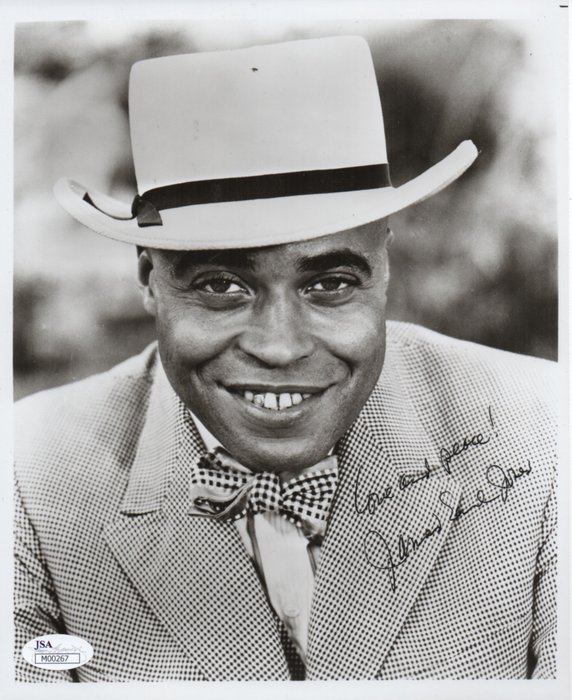
Jones said his teacher got him talking and reading poetry, which sparked an interest in acting. As they were my own words, I got through it.” If you want to prove you wrote it, you must stand in front of the class and recite it by memory.’ Which I did. In fact, it is so good I don't think you wrote it. “I had started writing poetry in high school and he said of one of them, ‘Jim, this is a good poem. In the same interview, Jones recounts how a high school teacher’s skepticism helped him regain his voice. “In Sunday school, I'd try to read my lessons and the children behind me were falling on the floor with laughter… by the time I got to school, my stuttering was so bad that I gave up trying to speak properly.” “Stuttering is painful,” Jones said of his childhood struggle. Other kids, however, were not as accepting as animals. They don't care how you sound, they just want to hear your voice.” “I did communicate with the animals quite freely, but then that's calling the hogs, the cows, the chickens.

“As a small child, I would communicate to my family, or at least those who didn't mind being embarrassed by my stutter or my being embarrassed,” Jones recalled in an interview with The Daily Mail. Raised in Mississippi and later Michigan, Jones was nearly mute for almost eight years of his childhood. Jones has spoken some of the most memorable lines in the history of American film, but the man known for his voice was once afflicted with a severe stutter.
#James earl jones movie
(Odiebama also makes a couple guest appearances.Actor James Earl Jones, a Broadway, television and movie star, is well-known for his voice as Darth Vader in Star Wars and his book Voices and Silences. So far you'll find inimitably Odienesque personal essays on "Devil In a Blue Dress," "Beat Street, "Baadasssss!," "Eve's Bayou," "Cotton Comes to Harlem,"Something the Lord Made," "Lady Sings the Blues," "I'm Gonna Git You Sucka," Scary Black Movies (including "Blacula," "Abby" and "Candyman") - and appreciations of "Sanford and Son," actor Roscoe Lee Browne, and the late Bernie Mac, Isaac Hayes and Rudy Ray Moore, aka Dolemite. "Since Obama has made Black History every month until at least January 2013," he writes, "I am now claiming February as my own." Yes he does. Odienator is back, and he's beautiful! The self-described "bald, Black, half-blind kid" has returned to Big Media Vandalism for his second annual "It's Black History Mumf, Odienator" Film Festival, aka "Odie 2: Electric Boogaloo." (And he's filing some of it from a business trip to Dublin, Internet willing!) Mea culpa to the Man as well, though as my Mom used to tell me after erroneously beating my ass for something I didn't do, "you probably deserved this for something I didn't catch.' " That's how February became associated with Black History Month, not some attempt to play us cheap. In 1926, he pioneered Negro History Week, putting it on the same week as Lincoln and Frederick Douglass' birthdays. Woodson, a Black historian fed up with the lack of historical representation of people of color. "The truth is, Black History Month was started by Dr.



Boy was I snarky about the lack of depth and detail back then! But now I've been humbled, because as anemic as it may have been, at least they told us the truth and didn't try to change it. This happened every year, usually sponsored by Budweiser. All they told us, in a nutshell, was that we were slaves, we were freed by Abraham Lincoln, and then Martin Luther King showed up.
#James earl jones tv
I wanted to make my own version of that curriculum, using movies and TV and events from my life to fill in all the holes where public school was lacking.
#James earl jones series
When I started this series in 2008, I made fun of the Black History Month curriculum we were fed every February in grammar school. Furter, or possibly Meatloaf Aday) now writes: Of those early days, Odienator (think Odie N. Especially to Scanners readers, who've been following it since he challenged Miss Ross's fashion designs in 2008. This introduction to Odienator's Fourth Annual Black History Mumf, a celebration of what we used to call African-American Popular Culture, needs no introduction.


 0 kommentar(er)
0 kommentar(er)
